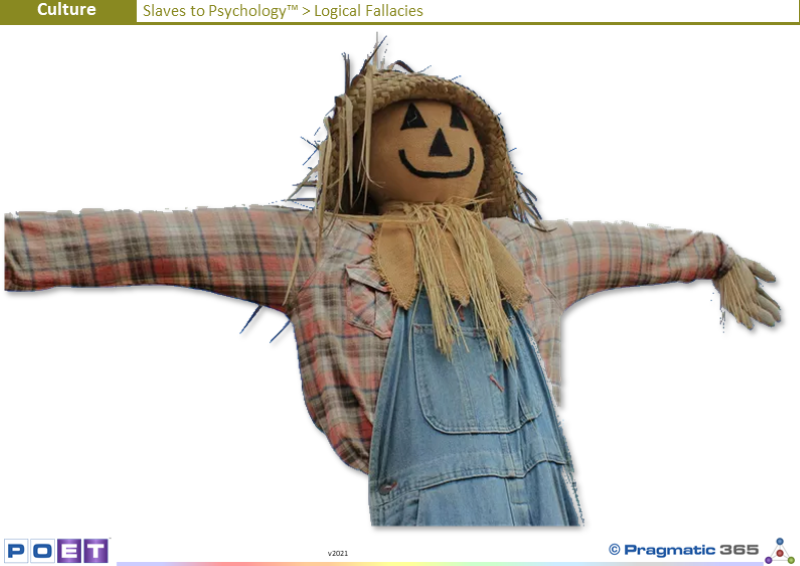
Logical fallacies are flawed, deceptive, or false arguments
that can be proven wrong with reasoning (but only if you spot them at the time
they are used!).
Arguments, debates and discussions are an important part of the
Transformation Capability. But not every argument is perfect. Some can be
picked apart because they have errors in reasoning and rhetoric. These are
called "logical fallacies," and they're very common.
...to read more, please Login or Register